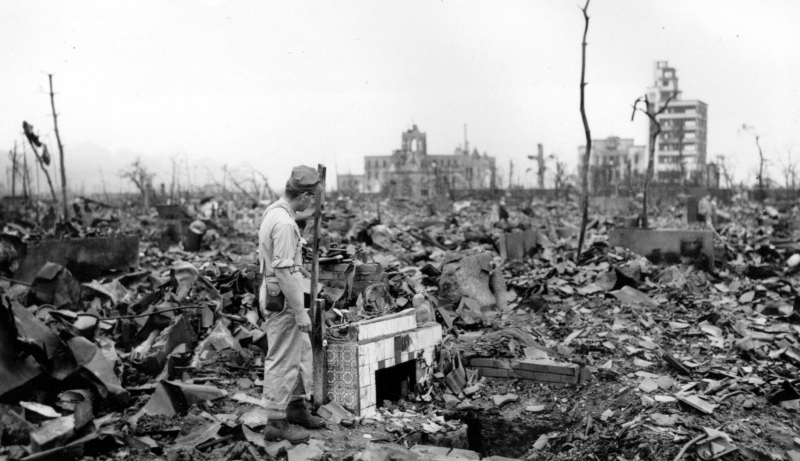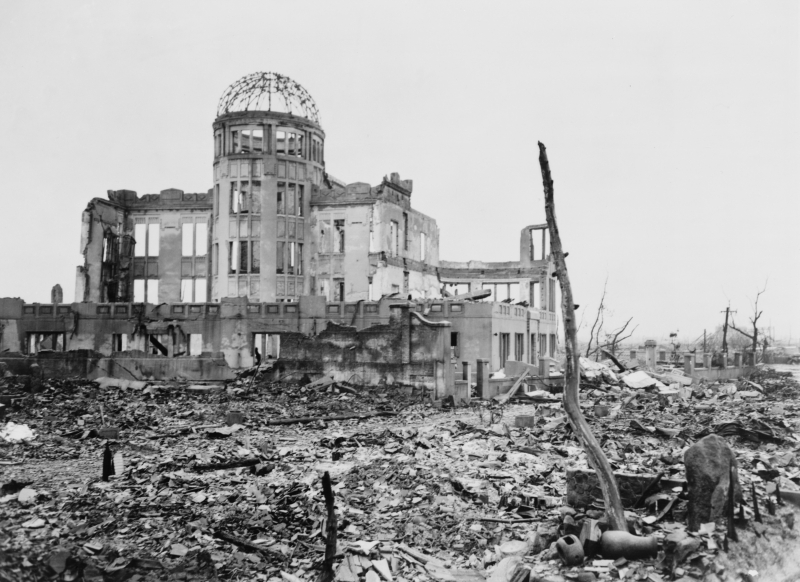A mistranslation helped to bring about the Hiroshima and Nagasaki bombings

The choice to drop the atomic bomb on two different Japanese cities, Hiroshima and Nagasaki, continues to be one of the most contentious military decisions in history, and there are plenty to pick from. Many people believe the development of nuclear bombing capabilities and everything they stand for. Of course, the long-term effects, such as a rise in the incidence of some cancers in survivors and their offspring, do put pressure on governments to completely phase out nuclear weapons.
One of the claims made about the situation is that Japan would have fallen if only the US had been persistent enough to maintain a blockade of the archipelago, but this ignores the fact that the Pacific Theater, as it was known, also included a sizable portion of territory dispersed throughout the Pacific and included China and parts of Eurasia. However, even though the bomb undoubtedly ended the war, it's possible that it might have remained in reserve for a little while longer if it weren't for a poor translation.
On July 26, 1945, Allied troops delivered the Potsdam Declaration, sometimes referred to as the Proclamation Defining Terms for Japanese Surrender. Along with the information, the US specifically gave Japan an ultimatum, warning that failure to submit would result in "prompt and utter annihilation." The US had tested the atomic bomb successfully ten days prior. After a heated debate within the Japanese administration over such a blatant and confrontational declaration, Prime Minister Kantaro Suzuki declared in a news conference that Japan's approach to the Potsdam Declaration would be one of "mokusatsu." And that's when the communication breakdown occurred. "Mokusatsu" can mean two very different things.
The most literal interpretation is an acknowledgment with the hint that more thought is required. The translation given to President Harry S. Truman, however, stated that the phrase might also mean "to contemptuously ignore." The way people responded to the ultimatum had a significant role in the decision to bomb Hiroshima, and the lack of reaction following the first bombing prompted the second. Truman might have waited if someone had clarified the alternative definition of the phrase; while there is no way to know for sure that the bombs would not have been used later, it may have resulted in Japan's capitulation and a lengthier wait before the atomic bomb was made public.
Even if they are not always what nations or individuals want to remember, mistakes have just as much to do with international history as victories do. Mistakes have the capacity to alter the world and our knowledge of it, for better or worse, whether they result in the collapse of an empire, the death of a person, the loss of an opportunity, or the growth of a business that would have otherwise remained a small piece of technology.
- Year: 6 and 9 August 1945











